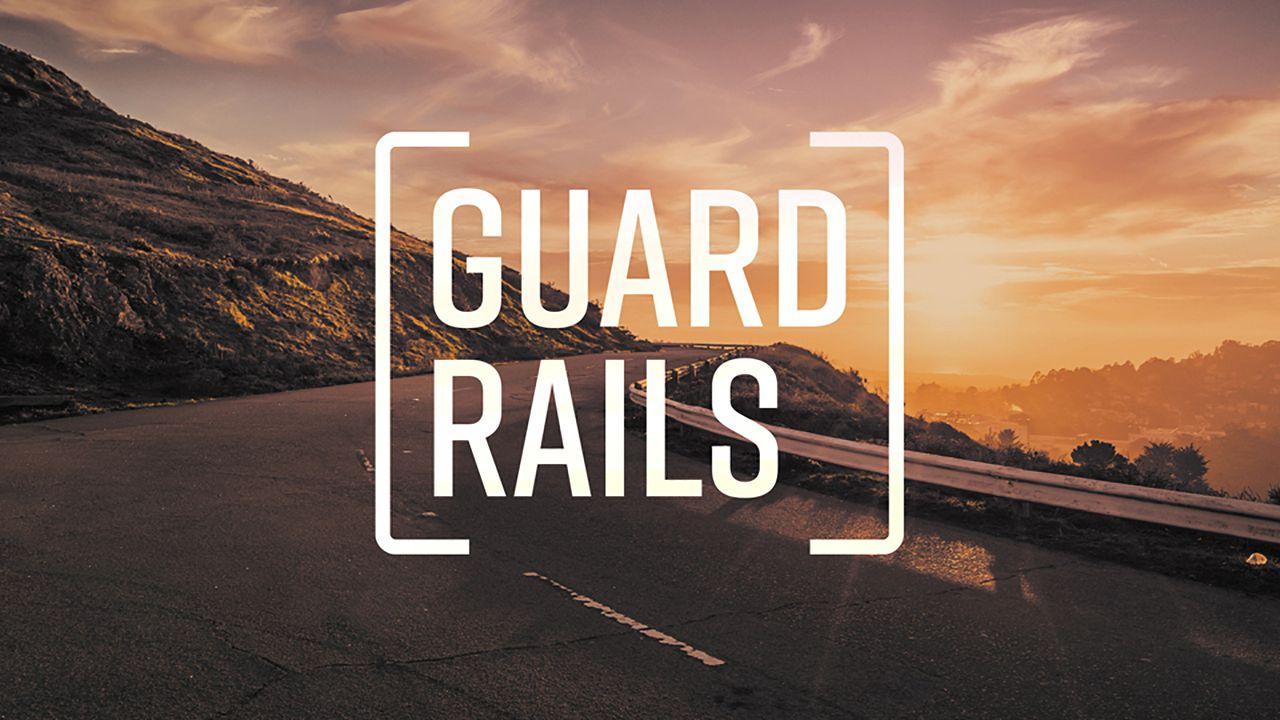Guardrails: Avoiding Regrets In Your LifeExemplo

All of us know someone, are someone, or will raise someone whose life would be completely different if they had established guardrails to govern their sexual morality.
Doing so isn’t the popular choice. In fact, nowhere else does culture do a better job of baiting us toward the edge (and then chastising and shaming us when we mess up) than when it comes to moral boundaries. We watch movies, listen to songs, and read books that glorify sex outside of marriage. We entertain ourselves with it all the time. But when it actually happens . . . when someone we know has an affair? We’re appalled.
So, fair warning: culture will be working against your efforts to establish moral guardrails. But in today’s verses, the apostle Paul explains why they’re so important.
He says sexual immorality is uniquely damaging. In fact, he puts it in a category of its own, saying that it is sinning "against [your] own body." In other words, it’s bad for the other person involved and it’s bad for you. And, what’s more, you never escape the consequences. You can fully recover financially. You can fully recover academically. But when it comes to sexual sin, it’s different. Forgiven? Absolutely. This has nothing to do with God accepting you and loving you. It’s just that with sexual sin, there is no do-over.
So, what’s Paul’s advice? "Flee . . ."
Isn’t that what every husband wants his wife to do? What every wife wants her husband to do? What every brother wants his little sister to do? "Flee from sexual immorality."
How do we make that a personal guardrail? Let’s consider how Jesus defined sin, and then we’ll see how that applies to sexual sin. Throughout his ministry, Jesus taught that what’s best for other people is what’s best. Sin, then, is anything that falls short of that. Anytime I put me before you to your detriment, that's a sin. Anytime you put you before me to my detriment, that's a sin.
So, the guardrail for our sexuality should keep us from doing anything that’s not what’s best for the other person. Will it make them feel shame? Will it become a secret they carry for the rest of their life? Will it undermine their future relationships? Then, as Paul says, "flee."
Escritura
Sobre este plano

Guardrails are put in place to keep our vehicles from straying into dangerous or off-limit areas. We often don’t see them until we need them—and then we’re sure thankful they’re there. What if we had guardrails in our relationships, finances, and careers? What might those look like? How might they keep us from future regrets? For the next five days, let’s explore how to set up personal guardrails.
More





